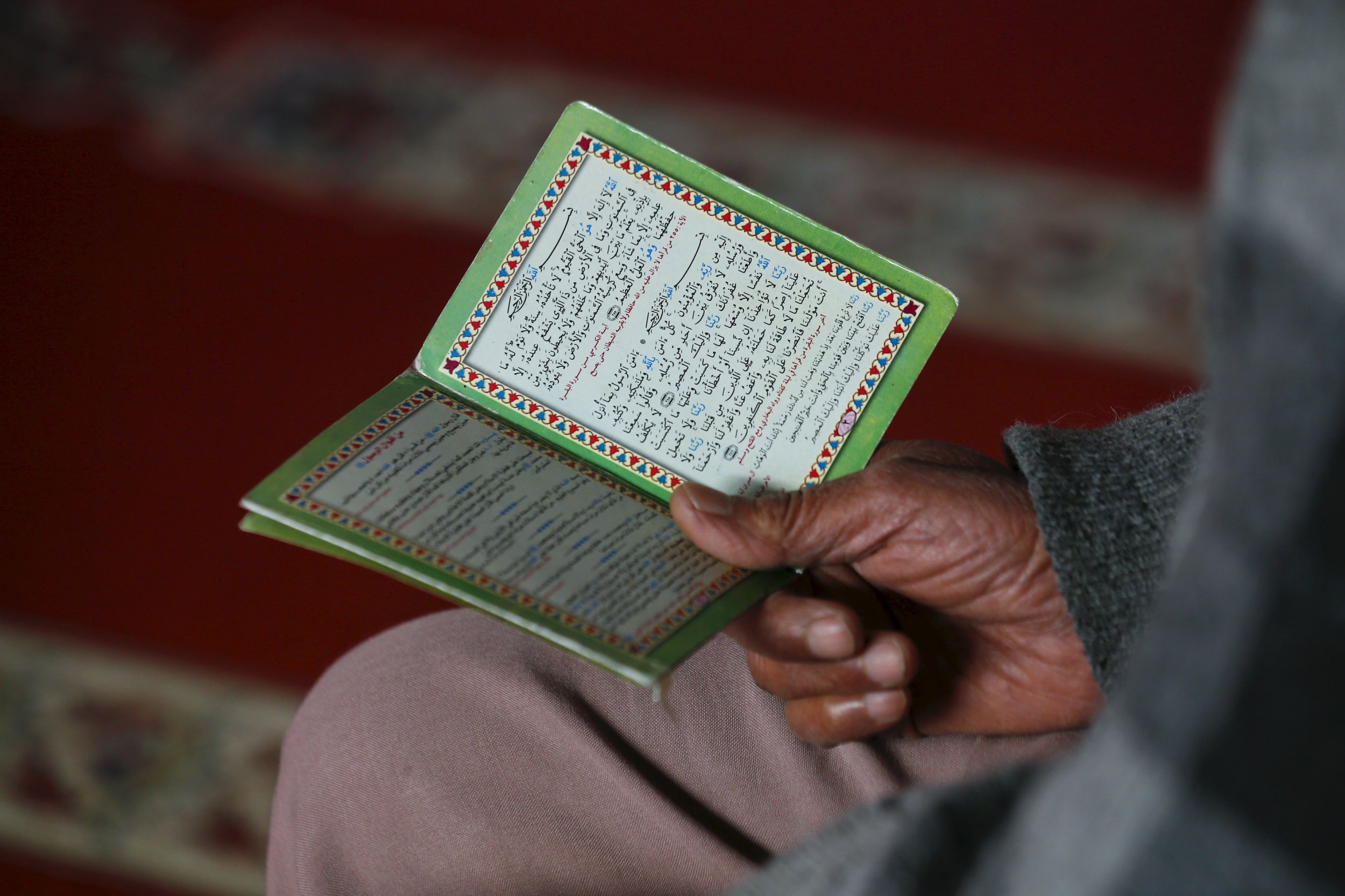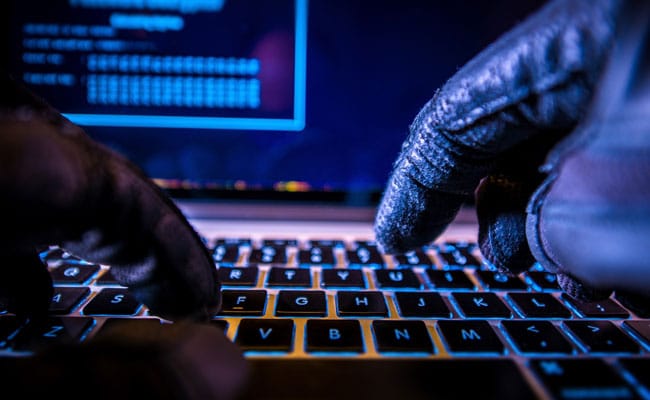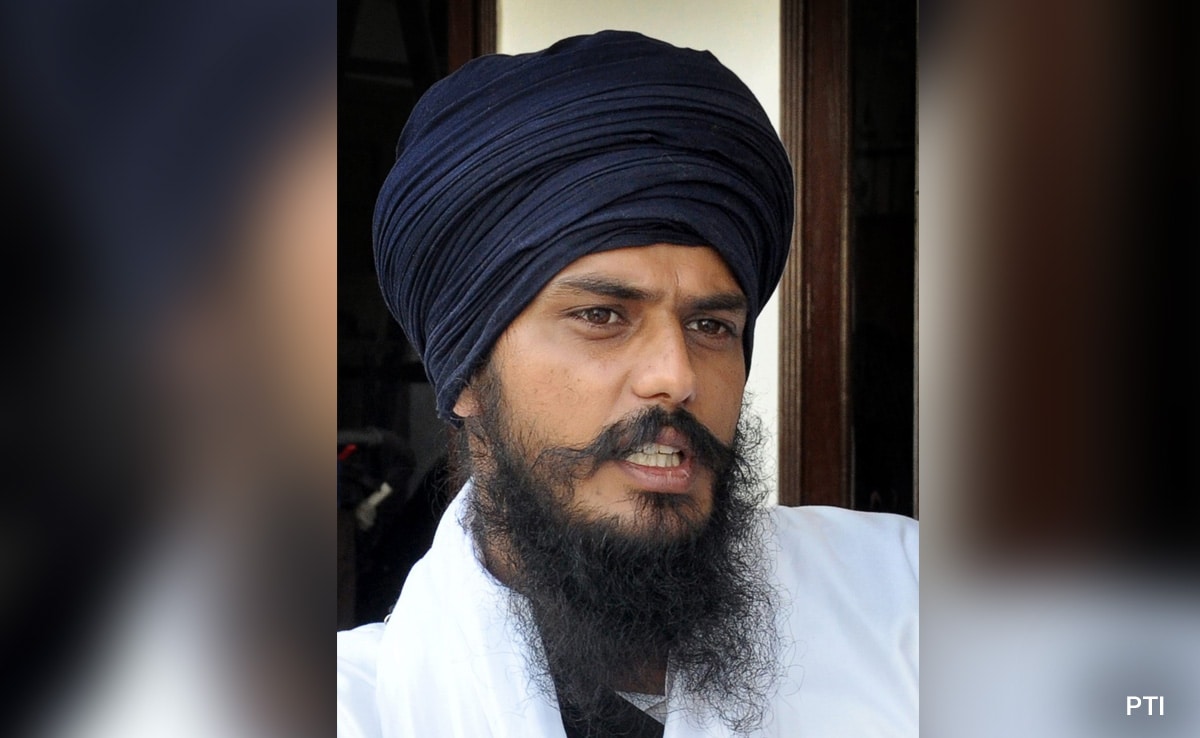Reuters
KEY POINTS
- The Quran was burned or defaced during public demonstrations in Sweden
- OIC announced the suspension of the country’s special enjoy
- The public burning of the Quran in Denmark on July 21 led to further protests in Iraq
The Organisation of Islamic Cooperation (OIC) has suspended the status of Sweden’s special envoy in response to a series of Quran desecrations that took place in Stockholm and triggered widespread anger and led to mass protests in various Muslim countries.
The organization, which consists of 57 Muslim-majority nations, announced the suspension of Sweden’s envoy Sunday. The executive committee of the OIC reportedly urged the secretary-general, H.E. Hissein Brahim Taha, to explore potential measures for reviewing the official framework that connects the general secretariat to any country where instances of Quran desecration or disrespect to Islamic values and symbols occur with the consent of the authorities concerned. As part of these considerations, the committee suggested the possibility of suspending the status of the special envoy in such cases.
The Islamic holy book, the Quran, had been burned or defaced in recent public demonstrations in the Swedish capital. The incident had reportedly been sparked by an Iraqi man of Christian origin who lived in Sweden but claimed to be an atheist.
The said man announced his intention to burn the Quran in front of the Iraqi Embassy in Stockholm on July 20, leading to heightened tensions and concerns over the sanctity of the Quran and religious sensitivities. The situation escalated further when demonstrators in Iraq took drastic action and stormed the Swedish Embassy in response to the incidents of Quran desecration in Sweden.
As a consequence, the Iraqi government decided to sever diplomatic relations with Sweden. Meanwhile, the man who had announced his intention to burn the Quran carried out a distressing act of kicking and stepping on the Islamic holy book but ultimately refrained from setting it on fire.
The OIC’s decision to suspend Sweden’s special envoy was made following a meeting of the bloc’s executive committee on July 2. The meeting was convened in response to a prior Quran-burning incident, which had already heightened concerns and emotions within the Muslim-majority nations.
The OIC communicated its decision to suspend Sweden’s special envoy by sending a letter to Sweden’s foreign minister.
The public burning of the Quran in Denmark on July 21 had severe repercussions, with further protests erupting in Iraq, some of which turned violent. Demonstrators clashed with the police as they tried to storm the Green Zone in Baghdad, where the Danish embassy is situated. Additionally, in Basra, protesters set fire to facilities that belonged to a de-mining project run by the Danish Refugee Council.
In another statement, OIC’s secretary-general expressed his strong condemnation of the extremist group’s act of burning a copy of the Holy Quran in front of the Iraqi Embassy in Copenhagen. He expressed his deep discontent with the recurring instances of disrespect toward Islamic sanctities, as these actions can fuel religious animosity, promote intolerance and lead to discrimination.
The secretary-general also warned about the potential hazardous outcomes arising from such acts, emphasizing the need for respect, understanding and peaceful coexistence among different religious and cultural communities. He then urged the Danish government to take immediate and necessary measures to prevent any future occurrences of such provocative acts, specifically the burning of the Holy Quran in its country.






